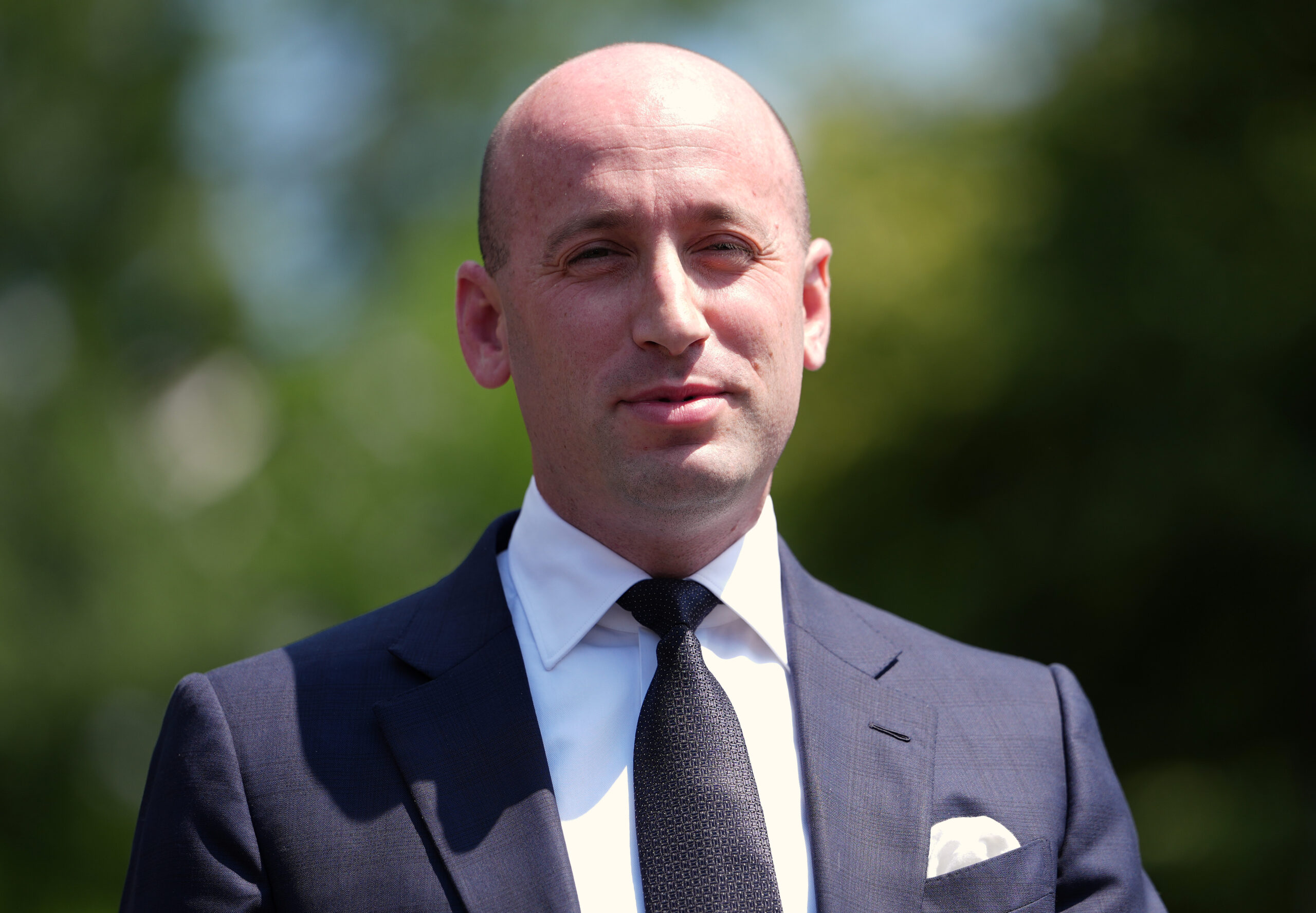Press Release
Common Cause: Core American Value of Equal Representation Threatened in Evenwel v. Abbott
The Supreme Court should reject claims by two Texas voters that the state has unconstitutionally diluted the value of their ballots by drawing election districts with equal numbers of citizens but unequal numbers of voters, Common Cause argues in a brief filed last week in Evenwel v. Abbott.
Along with Shapiro v. McManus, the Evenwel case is one of two major cases on redistricting to be heard by the Supreme Court in the term opening next Monday. Both will be the subject of a major symposium on redistricting sponsored by Common Cause at George Washington University on October 7.
The amicus curiae brief in Evenwel contends that the Constitution, and in particular the 14th Amendment’s declaration that every person is entitled to “equal protection of the laws,” requires that state legislative districts contain roughly equal numbers of people.
Special note to reporters: Common Cause and the George Washington University Law School are hosting a day-long symposium, “Redistricting Reform, Mapping Our Future” on Oct. 7 at the law school. Speakers include Common Cause President Miles Rapoport, Spencer Overton, president and CEO of the Joint Center for Political and Economic Studies, and several current and former Democratic and Republican members of Congress. The symposium is open to reporters; a complete agenda is available here.
Districts drawn based on their number of voters could have dramatically different populations. They would make invisible in our democracy people under the age of 18, along with thousands of non-citizen immigrants serving in the U.S. military, the elderly whose voter registration may have lapsed, and many others who live and work in our communities but are ineligible or choose not to vote, the brief argues.
The Evenwel case has attracted the attention of voting rights activists, state legislators and local officials across the country. No date has been set for argument.
“This case is about the principle that ours is a government of, by and for the people,” said Kathay Feng, Common Cause’s national redistricting director. “That means everyone, regardless of their eligibility to vote or their participation in our elections.
“The plaintiffs essentially argue that voters are entitled to more representation than non-voters,” Feng said. “If the plaintiffs succeed, millions of people who live and work in our communities and pay taxes to support our schools, police, and fire departments and other important services would be denied representation in every state capitol in America simply because they are ineligible to vote.”
The Common Cause brief was signed by veteran Atlanta-based constitutional lawyer Emmet Bondurant, a member of Common Cause’s National Governing Board. Bondurant successfully argued Wesberry v. Sanders, a landmark 1964 decision by the high court that ended the malapportionment of congressional districts. New York-based attorney Gregory Diskant, another Common Cause board member, filed a similar amici brief on behalf of 19 cities organized for the effort by Common Cause, including Los Angeles, Chicago, San Francisco, Baltimore, Atlanta and Salt Lake City.
The Evenwel case is reaching the high court well in advance of the next round of redistricting, which in most states will occur in 2021. But it comes amid a growing consensus among legal scholars and political observers that partisan gerrymandering during past redistricting exercises has been a major contributor to bitter divisions between Democrats and Republicans in Congress and many state legislatures.
